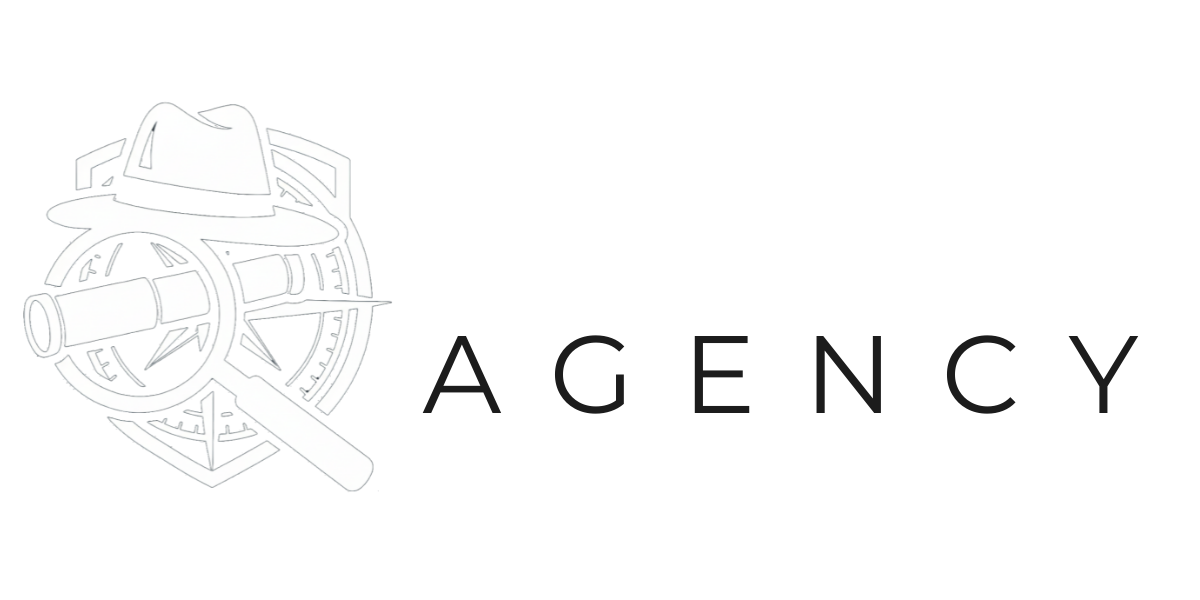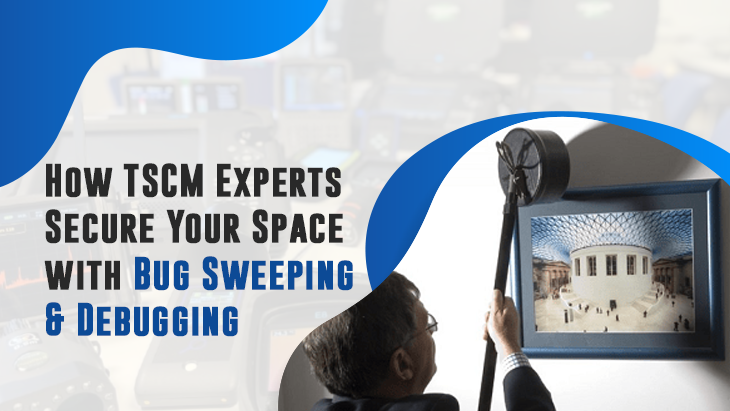How TSCM Experts Secure Your Space with Bug Sweeping & Debugging
Have you ever had the feeling that someone was watching you, even when you were by yourself? Or did you notice that private conversations weren’t so private anymore? That feeling isn’t just paranoia in today’s world. Surveillance threats have gone...


